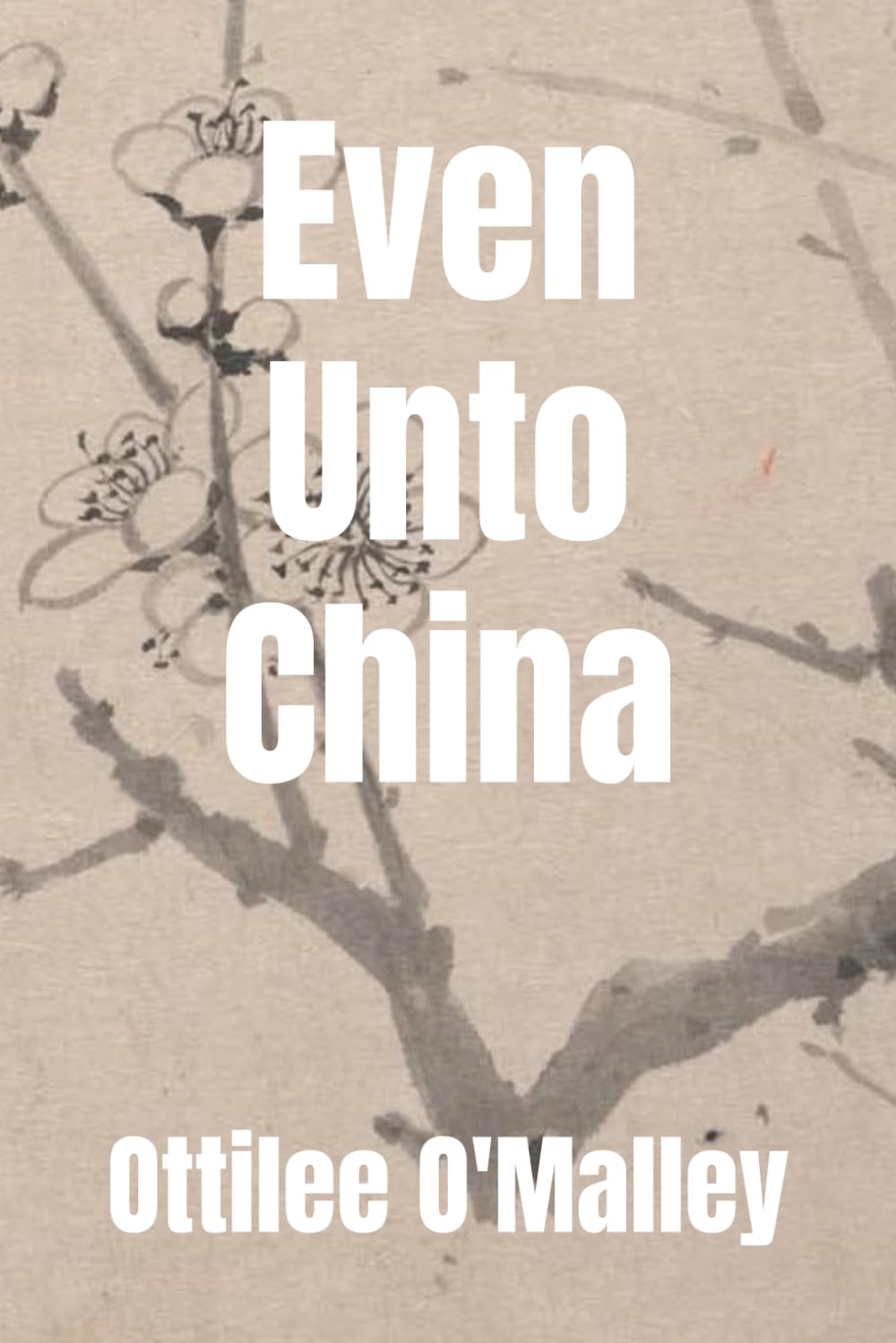
Even Unto China
An anthology for Chinese literature, including Confucius, the Thousand Character Essay, and Du Fu. Sinologlists, as a rule, aren’t poets; poets, as a rule, can’t master Chinese. O’Malley manages both. Her translations are truly poetry, and her scholarship is such that she says more in a paragraph than an full professor could in a book.
excerpt from the book
Outsider
To study and to pass on what you have learned at the right moment—isn’t that a pleasure? To have friends who travel far to visit you—doesn’t that make you glad? To refuse to become resentful even though you don’t get the recognition you deserve—isn’t that what’s expected of a gentleman? (1: 1)
These, the opening lines of the Analects, are justly admired for their bravely deliberate cheer. But they also attest the isolation of a man who is ahead of his time and maintains standards too high to ever be popular. Every unrecognized artist and non-mainstream thinker will identify with this image of the sage who pieces out a personal happiness from his work and the few friends who appreciate him.
The want of acceptance for his teaching was always a strain on Confucius’ patience.
Who can go out properly except through the doorway? Who can turn out properly except by following the Way? Yet how few there are who take this easy, direct route! (6: 15)
One of the worst problems with the idealization of Confucius, making him a static statue for veneration, is that it defrauds us of the moving spectacle of Confucius’ struggle against discouragement.
Don’t worry about rank and position, be concerned about whether you have the merits that deserve such. Don’t be pained because people don’t notice your worth, take pains to be sure you have worth that deserves to be noticed. (4: 14)
His outsider status moved Confucius to one of his few expressions of impatience, which is perhaps the most entertaining example of Confucian irony.
A man from the village of Da Shang said, A great man, that Con-fucius! All that learning, everyone’s heard of him, but he’s never actually done anything.
When this was repeated to the master, he said to his disciples, What should I do to deserve my reputation? Shall I take up chariot racing? Or maybe competition archery? No, to show what I can really do, it has to be chariot racing! (9: 2)
More important than Confucius’ patience or impatience with his marginalization, is the way it accounts for the personal, private and usually psychological view he takes of the world. Since he could not be a man of action or affairs, he became a man of introspection. An outsider, all he could really do was watch, but this he learned to do amazingly well.
Zih Chin asked Zih Gong, I know that when the master visits a country he always learns about its style of government; does he ask questions or simply observe?
Zih Gong said, Neither. The master obtains his information by seeing how people respond to his warmth, kindliness, modesty, circumspection, respectfulness and deferential manner. The master’s mode of enquiry is far different from that of other men! (1: 10)
It is interesting to note that Confucius was such a good anthropologist. He didn’t skew the data by questions that would limit it in advance, nor did he miss the fine detail by remaining aloof.
Confucius applied the same method of observation to people he dealt with closely,
Consider a man’s intentions, observe the means he uses to realize them, examine what satisfies him. No one can hide their real nature, no one! (2: 10)
Silently taking careful note of what I see, never surfeited with learning or tired of teaching people—in these matters at least I think I have achieved something. (7: 2)